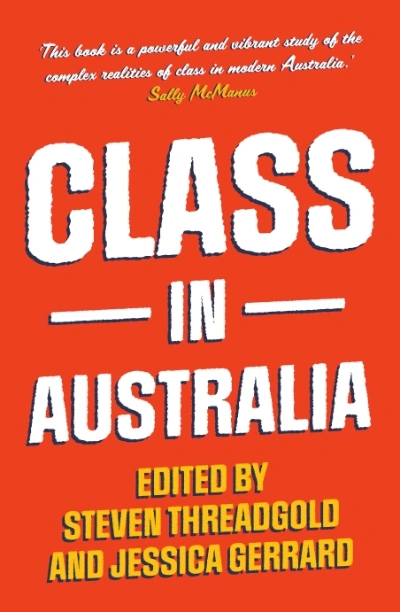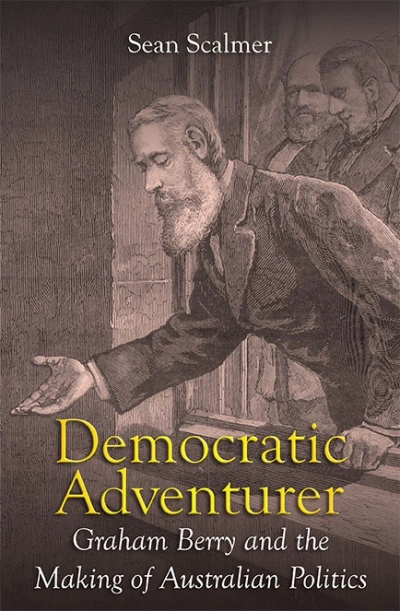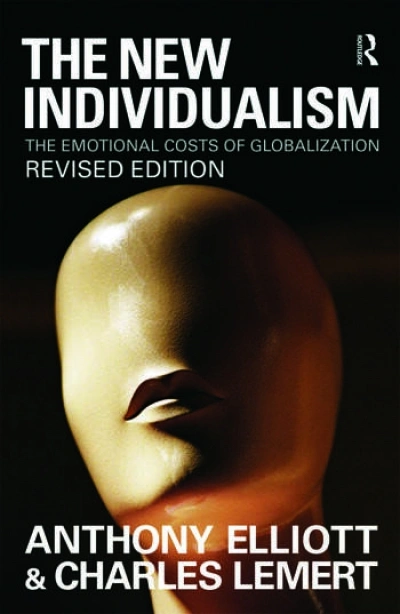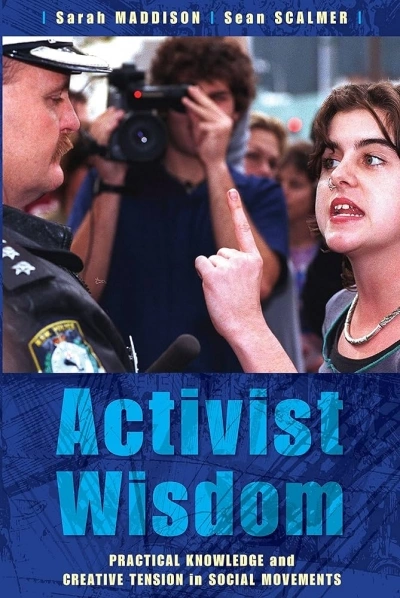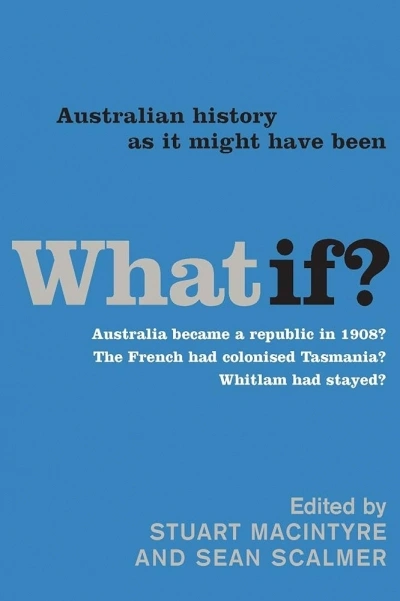Sean Scalmer
Letters to the Editor - March 2007
Dear Editor,
I welcomed Barry Jones’s feisty response (February 2007) to my review of his autobiography, A Thinking Reed (December 2006–January 2007). Such autobiographies, the reviews and the commentaries on them are the first drafts of history, and such debates will be valuable to later and more dispassionate historians. Apart from some sardonic barbs, which I may well deserve, he seems to have only one substantive quarrel with the review and that is with my critical assessment of his performance as science minister in the Hawke government.
... (read more)Class in Australia edited by Steven Threadgold and Jessica Gerrard
by Sean Scalmer •
Democratic Adventurer: Graham Berry and the making of Australian politics by Sean Scalmer
by Benjamin T. Jones •
The New Individualism: The emotional costs of globalisation by Anthony Elliot and Charles Lemert
by Sean Scalmer •
Activist Wisdom: Practical Knowledge and Creative Tension in Social Movements by Sarah Maddison and Sean Scalmer
by Jay Thompson •
What If?: Australian history as it might have been edited by Stuart Macintyre and Sean Scalmer
by John Hirst •


